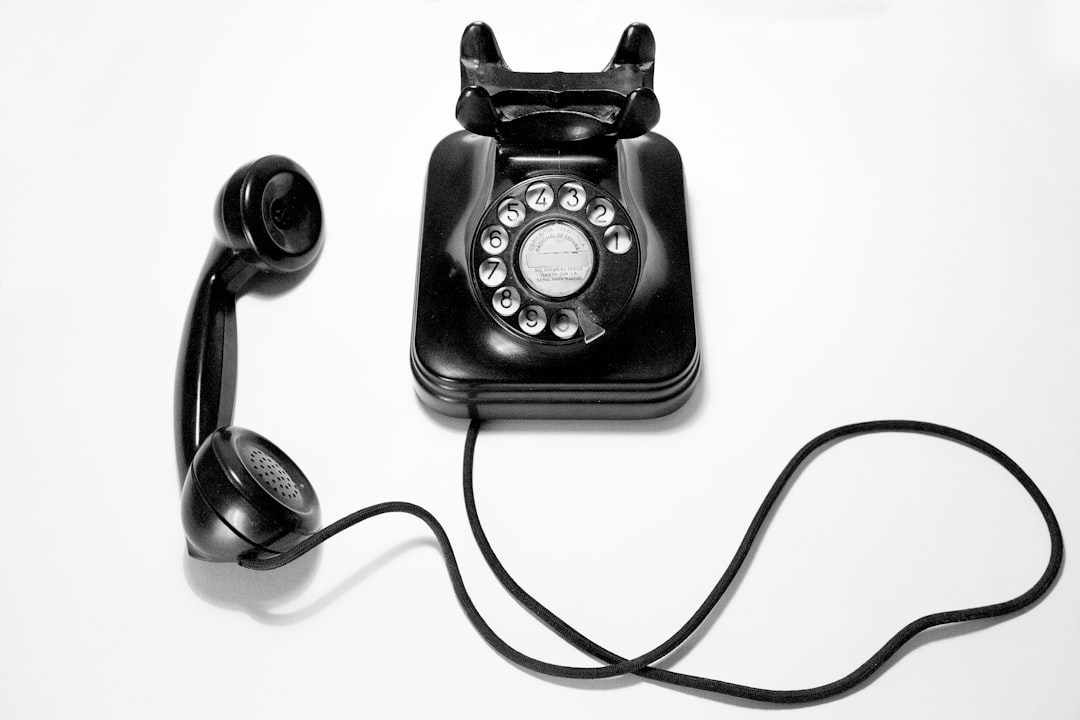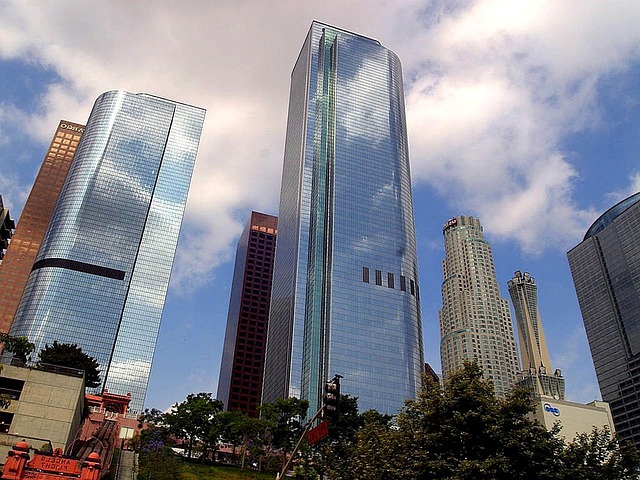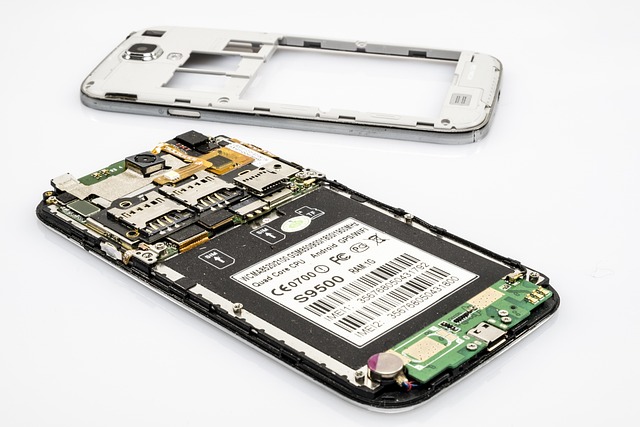Pasadena and California law firms employing autodialers for communication face critical legal challenges, primarily under the Telephone Consumer Protection Act (TCPA) and California Consumer Privacy Act (CCPA). These regulations govern prior express consent, Do Not Call lists, advertising standards, and data accuracy. Law firms must implement best practices such as explicit written consent, up-to-date contact lists, robust data privacy, transparent communication, and clear opt-out options to avoid TCPA violations and CCPA penalties while utilizing autodialer technology effectively for marketing and client outreach in Los Angeles. Staying informed about evolving regulations is essential.
In the digital age, autodialer technology has become a powerful tool for legal practices, but it also presents significant legal risks. This article explores the intricacies of using autodialers in Pasadena and its surrounding areas, focusing on Los Angeles law firms. We delve into the legal implications, considering consumer protection laws and data privacy regulations. By navigating regulatory challenges and understanding the best practices, law firms can harness the benefits of autodialers while mitigating potential risks.
Understanding Autodialers and Their Legal Implications in Pasadena

In Pasadena, as across California and the US, autodialers are powerful tools used by businesses, including law firms in Los Angeles, to automate communication with clients or potential customers. These technologies, which can rapidly dial a large number of phone numbers, send pre-scripted messages, and even record conversations, offer significant advantages in terms of efficiency and cost savings. However, their use comes with legal risks that cannot be ignored.
The legal implications of using autodialers are multifaceted. Key regulations, such as the Telephone Consumer Protection Act (TCPA), govern how automated calling systems can be used. Violations can lead to substantial fines and lawsuits. For instance, if an autodialer is used without prior express consent, or if calls are made to numbers on Do Not Call registries, businesses can face legal repercussions. Additionally, the content of messages sent through autodialers must comply with advertising standards, and companies are responsible for ensuring the accuracy of any information disseminated. Understanding these legal nuances is crucial for law firms in Los Angeles seeking to utilize autodialer technology effectively while mitigating potential risks.
Legal Considerations for Law Firms Using Autodialer Technology

When law firms in Pasadena adopt autodialer technology for marketing or client outreach, they must navigate a complex web of legal considerations. The use of automated calling systems, like autodialers, is heavily regulated to protect consumers from nuisance calls and ensure compliance with privacy laws. Failure to adhere to these regulations can expose law firms to significant legal risks, including financial penalties and damage to their reputation.
In California, including the Los Angeles area, the Telephone Consumer Protection Act (TCPA) plays a pivotal role in governing autodialer usage. This federal legislation restricts the practice of making automated calls without prior express consent, particularly for telemarketing or sales purposes. Law firms using autodialers must implement robust opt-out mechanisms and obtain explicit permission from recipients to avoid TCPA violations. Additionally, the California Consumer Privacy Act (CCPA) further complicates matters by granting Californians enhanced privacy rights over their personal information, necessitating careful handling of data collected through autodialer campaigns.
Navigating Regulatory Challenges: Best Practices for Los Angeles Law Offices

Navigating Regulatory Challenges: Best Practices for Los Angeles Law Offices
Law offices in Los Angeles, like elsewhere, face a complex regulatory landscape when it comes to using autodialers for outreach and marketing purposes. These automated dialing systems, while efficient, are subject to strict guidelines designed to protect consumers from unwanted or deceptive communications. The Telephone Consumer Protection Act (TCPA) is a key federal statute that governs the use of autodialers, with specific rules regarding consent, do-not-call lists, and data privacy. Compliance is not just a legal requirement; it’s also vital for maintaining client trust and reputation.
To stay ahead in the face of these regulatory challenges, Los Angeles law offices should adopt best practices such as obtaining explicit written consent from potential clients before using autodialers, regularly reviewing and updating their do-not-call lists, and ensuring strict data privacy protocols are in place. Transparent communication about the use of autodialers and clear opt-out mechanisms can also help mitigate risks. Additionally, staying informed about evolving regulations and seeking legal advice when uncertainties arise are crucial steps to protect against potential legal risks associated with autodialer usage in the dynamic legal landscape of Los Angeles.






